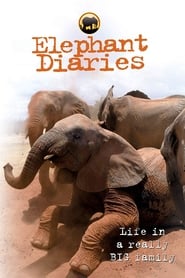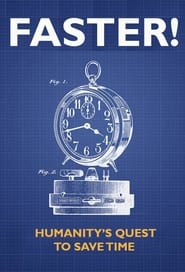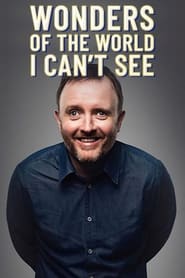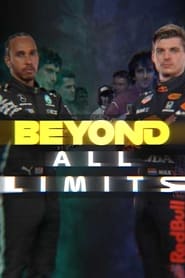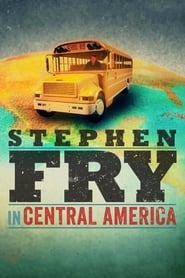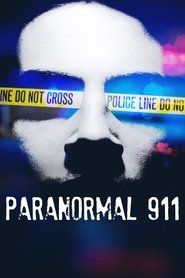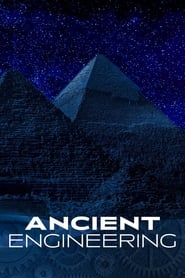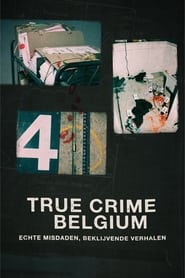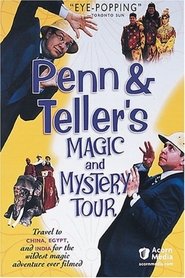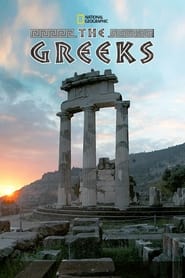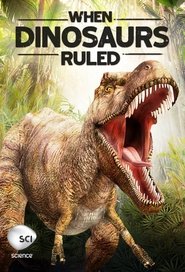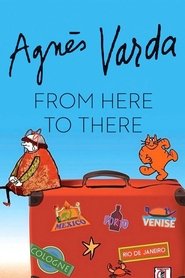Documentary TV Series - Page 212
-
Elephant Diaries
2005
Elephant Diaries
2005
Wildlife series following the lives of a group of orphaned African bush elephants at a sanctuary in Kenya as they face some of the biggest challenges of their lives. -
900 Days Without Anabel
2024
star 7.8Anabel Segura's abduction held Spain in suspense for 900 days. This docuseries explores the case through never-before-heard recordings of the kidnappers. -
Faster! Humanity's Quest to Save Time
2021
star 8Explores the scientific, social, economic and environmental consequences of supposedly time-saving inventions, ideas and objects. Throughout a lifetime, the minutes that are actually lost or saved can add up to days, weeks, months or even years. -
Let the Devil In
2025
Let the Devil In
2025
star 6.5A haunting and mysterious documentary series about a decades-old tragedy that destroyed one family and ignited the darkest fears of a small New Jersey town. For the first time, witnesses, friends, and community members try to make sense of the unthinkable events, some believing that Satan took hold of a vulnerable teen boy, while others believe that far more earthly demons were to blame. -
Wonders of the World I Can't See
2023
star 7Comedian Chris McCausland visits the world's most stunning places. But he's blind, so he's joined by celebrity guests for commentary. -
Nobody Asked
2024
Nobody Asked
2024
Ever had a weird question you couldn't get out of your mind or a question you felt too embarrassed to ask? Well, lucky for you we're here to help! Join Brian David Gilbert, Oscar Montoya, Ify Nwadiwe, Rekha Shankar, and Ele Woods as they ask and test the questions nobody else will. -
Beyond All Limits
2022
Beyond All Limits
2022
star 10Delve into the psyche of the Formula 1 driver. Former world champions, experts and journalists reveal the agony and ecstasy of winning (and losing) the world championship as they focus on an epic 2021 season, the breath-taking battle between Lewis Hamilton and Max Verstappen and it's jaw-dropping finale. -
Stephen Fry in Central America
2015
star 7.7The author, actor and comedian embarks on a journey through the entire Central American isthmus to the Panamanian border with South America, beginning in Mexico. -
Paranormal 911
2019
Paranormal 911
2019
star 8.1A shocking number of 911 emergencies end in paranormal encounters. Paranormal 911 explores these events through eye-witness accounts of the first responders who lived them. This gripping drama-doc takes viewers into the unexpected paranormal encounters of first responders. -
Ancient Engineering
2021
Ancient Engineering
2021
star 5.7Using the latest technological insights, this series sheds new light on how incredible feats of ancient engineering were achieved and how they continue to influence modern-day engineers and shape our world. -
Goud!
2024
Goud!
2024
-
True Crime Belgium
2022
-
Penn & Teller's Magic & Mystery Tour
2003
star 7.1Penn & Teller's Magic and Mystery Tour is a 2003 television documentary miniseries starring Penn & Teller. The program was created by the CBC in association with Channel 4 Film. The show focuses on street magic, and the subjects of each of the three shows are China, India, and Egypt. Unusually for Penn and Teller, Teller speaks in the Egypt episode, even though part of their trademark performance is that Penn does all the speaking. -
The Greeks
2016
The Greeks
2016
star 7.2National Geographic's landmark event series, The Greeks, brings together historians, archaeologists, actors, athletes, scientists and artists to launch a groundbreaking exploration into the ancient Greeks' journey - not just to better understand their past, but to discover how their legacy illuminates our present, and will shape our future. The story of the Greeks is the story of us. -
Who Killed Tupac?
2017
Who Killed Tupac?
2017
star 3A six-hour limited series focusing on the investigation of the death of prolific and influential rapper and actor, Tupac Shakur. Each installment includes aspects from the legendary artist's life as well as follow famed civil rights attorney Benjamin Crump as he conducts a full-scale, intensive investigation into key theories behind his murder. -
When Dinosaurs Ruled
1999
When Dinosaurs Ruled
1999
Charting the rise and fall of the prehistoric creatures through fossil evidence from around the world and interviews with noted paleontologists. -
Agnès Varda: From Here to There
2011
star 6.4Agnès Varda takes us on a journey of discovery as she travels the globe—from Stockholm to St. Petersburg, Lisbon to Rio de Janeiro, Mexico City to Los Angeles—meeting with friends, artists, and fellow filmmakers. -
The Linux Action Show!
0000
star 7Weekly news, commentary, and reviews for the Linux and Open Source Software communities. -
Director's Trademarks
2017
star 8Filmmakers often thread their films with bold visuals, unique characters, creative color schemes, and more to create one-of-a-kind movie-going experiences for audiences everywhere. IMDb takes a closer look at the signature trademarks of the world's greatest film directors.
